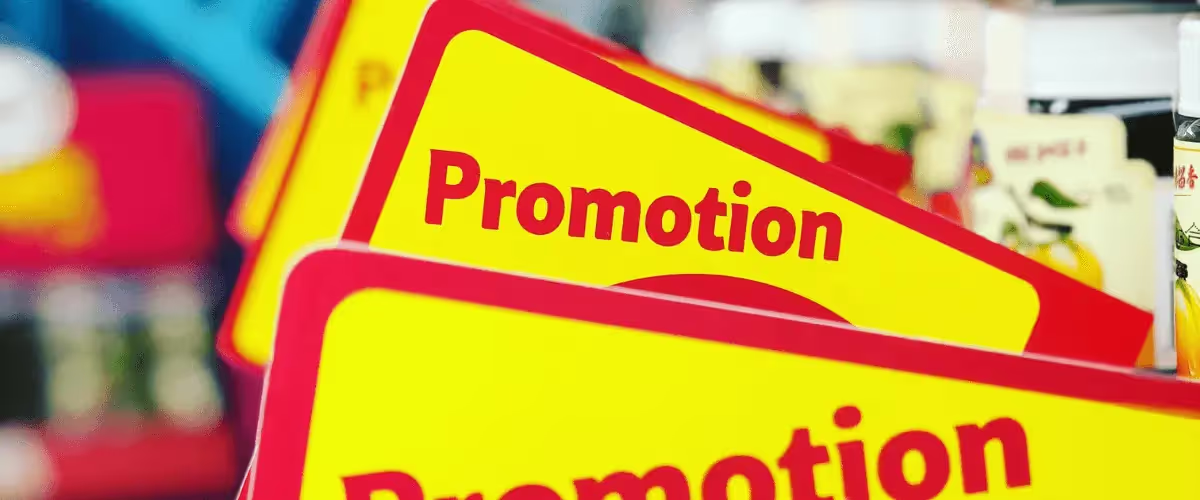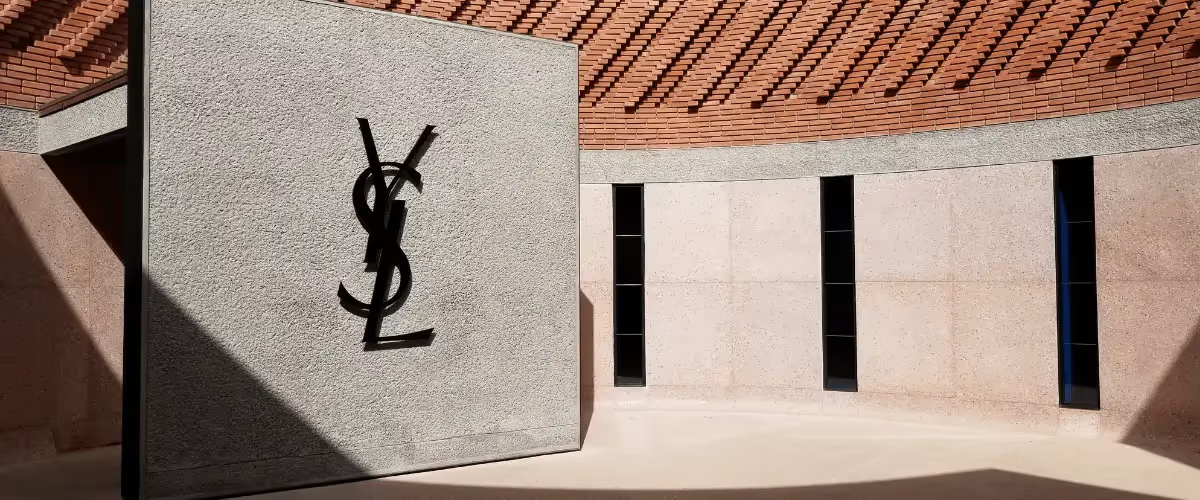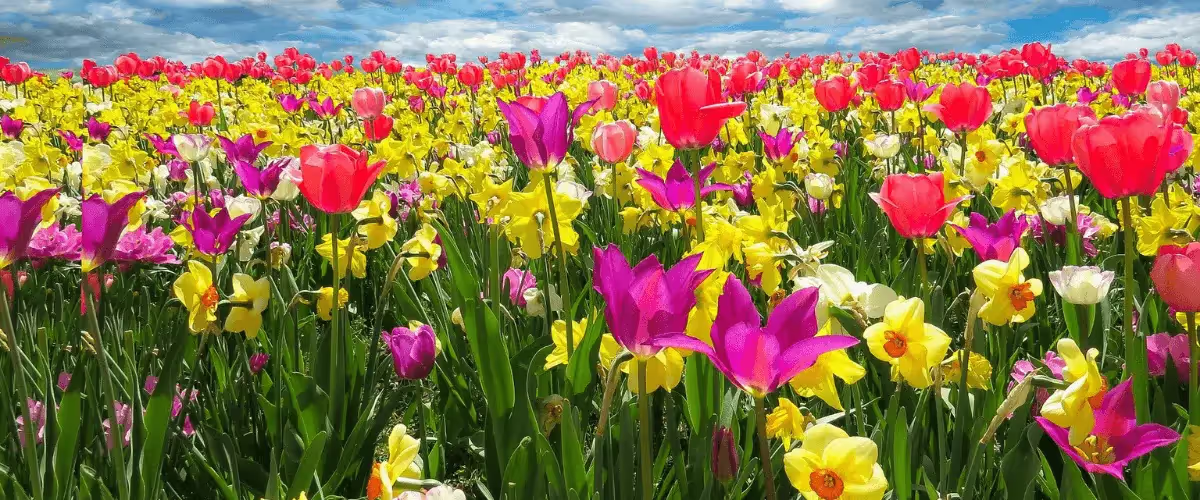The Rise in Marketing Surrounding Women’s Football
Written by
Hannah
,
Copy Manager
August 7, 2023

The Women’s World Cup officially kicked off on the 20th of July in Auckland, New Zealand. With the rise of popularity and interest in women’s football, many brands have launched ads and marketing campaigns in support of the tournament.
In a recent survey among Gen Z, it was found that 12% of the demographic prefers women’s football to men’s, and 58% of women’s football fans identify as “super fans”, so it’s clear that we’re slowly but steadily approaching the era of rightfully putting women’s football on the map.
After the momentous win by England at the Euros, awareness of the Lionesses increased by 32% across girls ages 5-16, and since 2021, England has seen a 30% increase in female registered football teams.
We’ve taken a look at the rise in marketing surrounding women’s football, the future of the game and a few examples of top-tier marketing campaigns!
The Rise of Women’s Football
When the English women’s team won the Euros in 2022, beating sporting rivals Germany, the popularity of women’s football skyrocketed. According to FIFA, a combined 1.12 billion viewers tuned into the Women’s World Cup in 2019, which had doubled from the previous year. And, in 2022, the Euros were watched by 365 million people globally.
The increase of interest in women’s football has also come about because of the strategies by the FA association to invest more into the sport, and to gain more attention, both by raising the profile of the game through free-streaming matches on mainstream broadcasting stations and via online social strategies.
The ‘Women’s and Girls’ Strategy’ was launched by the FA in 2020, pledging a sustainable future for female sport. With the hope of changing lives and promoting opportunities for women in football, the 4-year strategy is working towards inspiring positive change.
In place are eight transformational objectives, which they aim to achieve by 2024. One of these was to win a major tournament, and thanks to the Lionesses, this was checked off the list in front of 87,000 fans!
The Significance of the FIFA Women’s World Cup
This summer, it’s predicted that 2 billion viewers are set to tune into the Women's World Cup, and 1.5 million attendees are estimated to visit the tournament. As a result of the attention the tournament is receiving, the number of teams participating increased from 24 to 32.
This is a huge juxtaposition to when the Women’s World Cup first started in 1991. In its early days, only 16 teams were allowed to participate, which has created a huge gender divide within the football sphere! This year, we’ve seen debuts from eight countries; The Philippines, Ireland, Zambia, Haiti, Vietnam, Portugal, Panama and Morocco.
The significance of the Women’s World Cup is to showcase the need for change within sport and create a catalyst for equality. Many brands have flocked to show their support for the game, recognising the potential and engaging audiences through their marketing campaigns, with the shared goal that, eventually, women’s and men’s football will be deemed equal.
The Best Campaigns for the Women’s World Cup
Orange France
Hailed as one of the best women’s football ads of all time, telecom company Orange France went viral with its gripping World Cup ad. Using clever CGI, they were praised for their unexpected plot twist.
The ad starts with footage of the French national football team, with male players such as Antoine Griezmann and Kylian Mbappé kicking the ball across the pitch. Pushing the message, “Only Les Bleus can give us these emotions,” the text then reads, “But that’s not them you’ve just seen”. From there, the ad reveals that the male players have been edited with visual effects and were actually the women’s national team!
Budweiser
As one of the sponsors for the Women’s World Cup, Budweiser takes a trip down memory lane with their ad campaign celebrating the evolution of England’s women’s team over time.
Featuring athletes Beth Mead and Karen Carney, the ad was created by the advertising agency BETC and shows the footballers' perseverance through muddy pitches, stadiums and sold-out crowds. A really powerful campaign!
Johnnie Walker
In their latest marketing campaign, scotch whiskey brand Johnnie Walker recruited Hannah Waddington to promote their message. Outlining in the ad that women receive less than 10% of sports news coverage, despite 40% of all athletes being women, they share simple tips on how to combat the gender divide.
In the advert, it’s revealed that Johnnie Walker has partnered with the sports news outlet, Just Women’s Sports, a company that emphasises bringing sports to the masses!
Although there’s a long way to go on the progress front of making football completely inclusive, the mainstream attention of The Women’s World Cup and other major tournaments have played pivotal roles in making a positive impact for Women’s sports. We can’t wait to see the marketing campaigns that are yet to come!
Want to stay in the loop with all things marketing? Make sure you're following us on socials!
Get In Touch
Swipe to Read
.avif)


.avif)
.avif)
.png)
.png)
















.svg)